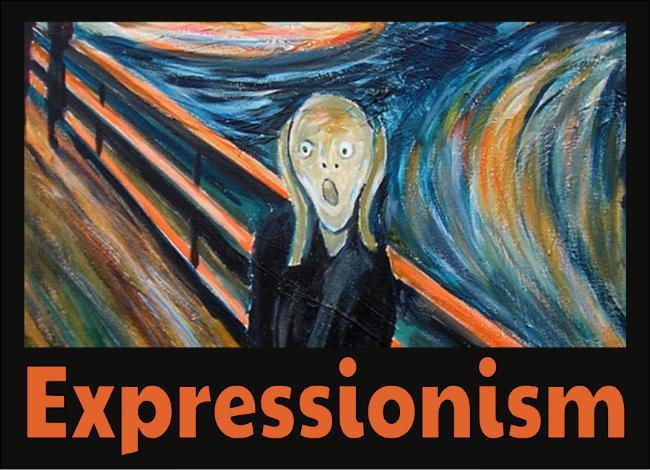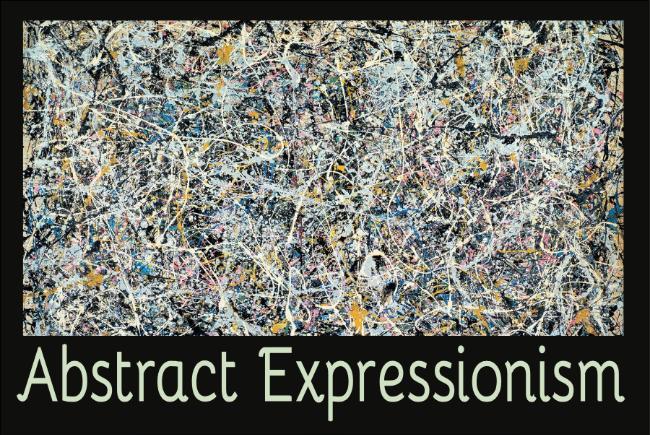Art Movements - Expressionism
Expressionism (early 20th century)

Expressionism was a reaction to the industrialized and rationalized world of the time, emphasizing emotional and subjective expression. Artists such as Edvard Munch and Ernst Ludwig Kirchner explored themes of anguish, fear, and alienation through intense colors and distorted forms.
Expressionism, an influential art movement that emerged in the early 20th century, sought to convey the emotional and subjective experiences of the artists. It was a response to the changing social and political climate of the time and represented a departure from the traditional notions of beauty and representation.
Expressionist artists, such as Edvard Munch, Ernst Ludwig Kirchner, and Wassily Kandinsky, aimed to express their inner thoughts, feelings, and anxieties through their artwork. They rejected realistic depictions and instead embraced distortion, exaggeration, and vivid colors to evoke intense emotional responses from the viewers.
One of the key characteristics of Expressionism is the emphasis on the artist's personal perspective and the exploration of inner turmoil and psychological states. The artists often depicted scenes of isolation, alienation, and inner conflict, reflecting the anxieties and uncertainties of the modern world. They sought to capture the raw and unfiltered human experience, often using bold brushwork and dramatic compositions.
Expressionism encompassed various art forms, including painting, sculpture, literature, theater, and film. It had a significant impact on the development of modern art, influencing subsequent movements such as Abstract Expressionism and Neo-Expressionism.
The movement faced criticism and controversy due to its departure from traditional artistic techniques and the unconventional portrayal of subjects. However, Expressionism's bold and expressive style challenged the established norms and pushed the boundaries of artistic expression.
Expressionism remains a significant and influential art movement, recognized for its ability to convey deep emotions, introspection, and social critique. The intense and subjective approach of Expressionist artists continues to resonate with audiences, inviting them to explore the complexities of the human condition and the power of artistic expression.
Overall, Expressionism is a testament to the transformative power of art, its ability to reflect and respond to the world, and its capacity to evoke strong emotional responses from viewers. It stands as a powerful testament to the artist's individuality and the potential of art to illuminate the human experience.






